
Where are the subjects of the Kingdom? If the Kingdom of God is fading from memory and visibility in our contemporary world, the question must be “What has become of its citizens?” In 1978 Frank Sheed wrote that we were in a spiritual coma! Apparently forty-three years have passed with little change in our condition. Our malaise might best be captured in the word repeated ad nauseam in daily parlance: “Whatever”. Intended to convey a benevolent tolerance, it instead communicates an indifference to anything or anyone outside of one’s own experience.
I found support for this notion while I was painting a bedroom in our house recently while listening to a podcast interview. Bishop Robert Barron was asking his guest, Dr. Larry Chapp, what he believed to be the biggest problem with the Catholic Church in America. He responded without hesitation: “Indifferentism. I say that because I can feel it in myself…The modern age in which we live, the American culture in which we live… places creature comforts above all else…Religious matters are something to be cordoned off… and so too many Catholics and Christians in the United States treat their faith as this compartmentalized part of their lives” where it ultimately dies.
At the top of Bishop Barron’s list was spiritual boredom. He opined that we may be the first major civilization that believes that happiness and contentment are possible apart from God or at least some form of the transcendent. Many young people are buying into it, he adds, but end up filling the boring void with other things that are very damaging. It may explain why “someone like Jordan Peterson is drawing giant audiences of younger people… by opening up the psychological and moral dimensions of the Bible.” He goes on to hold Church leaders accountable for much of the blame, stating bluntly that “we have done a terrible job” at articulating the transcendent and making it beautiful and compelling.
Just a Moment!
But Dr. Chapp insists that “This is not a clerical moment”. Referencing Vatican II and its universal call to holiness, he underscored the essential role that the laity must play in being salt and light in all the levels of contemporary society. It’s the interface on the personal level of individual believers where evangelization happens.
“The reason a Jordan Peterson is so powerful is that he’s NOT a cleric,” he said, adding that it is a believing sociologist, biologist, or historian that has the credibility and presence in the world around us to carry out Christ’s mission.
The council members of Vatican II intended to do a course correction of a clericalism that had pushed lay people to the sidelines while men and women in religious orders along with ordained ministers were considered the spiritual athletes. Somehow, we lay people didn’t get the memo.
As a product of the fifties and sixties, I remember very well the unspoken distinction made between priests and sisters and the laity. It probably played a role in my decision to enter the seminary as a high school freshman. If I wanted to be “all in” for God, then holy orders was the only avenue. God had to forcibly remove me from that path in order to find my way to a layman’s call to holiness. At least that’s the way I tell the story. You see, I was expelled with nine other seminarians in October of my sophomore year. But that might be a topic for another blog post.
Jesus Is The Answer
So how to wake from our coma? How to embrace this moment for the laity? How to free ourselves from the indifferentism of this age? How to vaccinate our children and future generations against the pandemic of “Whatever?”
I am convinced that it starts with our personal relationship with Jesus Christ and our awareness of what He has done for us. A second century homilist spoke to this very point. “Brethren, we ought to regard Jesus Christ as God and judge of the living and the dead. We should not hold our Savior in low esteem, for if we esteem him but little, we may hope to obtain but little from him. Moreover, people who hear these things and think them of small importance commit sin, and we ourselves sin if we do not realize what we have been called from, who has called us, and to what place, and how much suffering Jesus Christ endured on our account. How then shall we repay him? What fruit can we bear that would be worthy of what he has given us? For how many benefits are we not in his debt! He has enlightened our minds; he has called us sons as a father does; he saved us when we were about to perish. How then shall we praise him, how repay him for his gifts?” (to be continued)


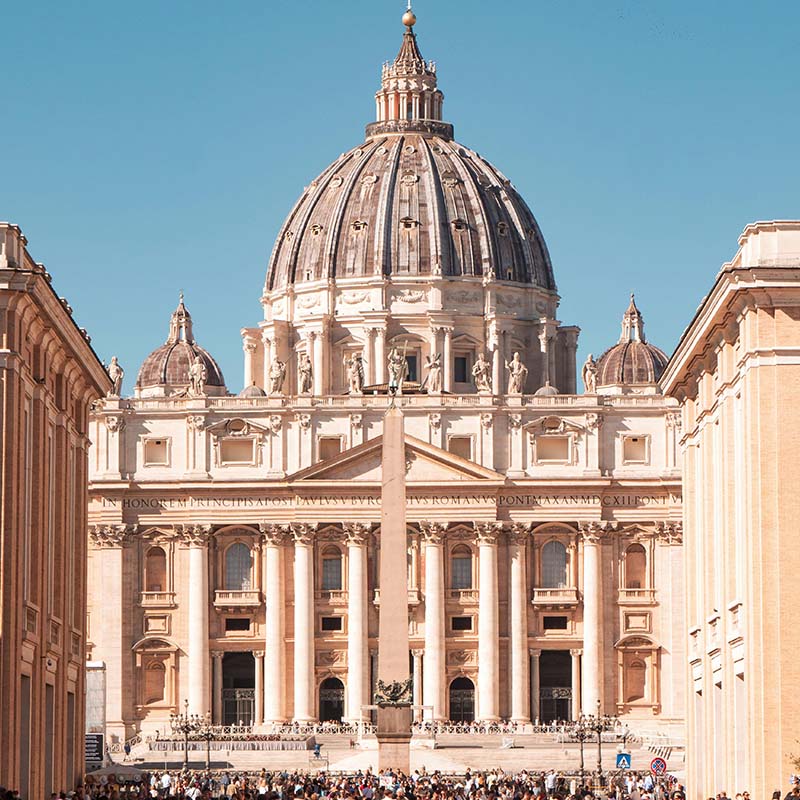


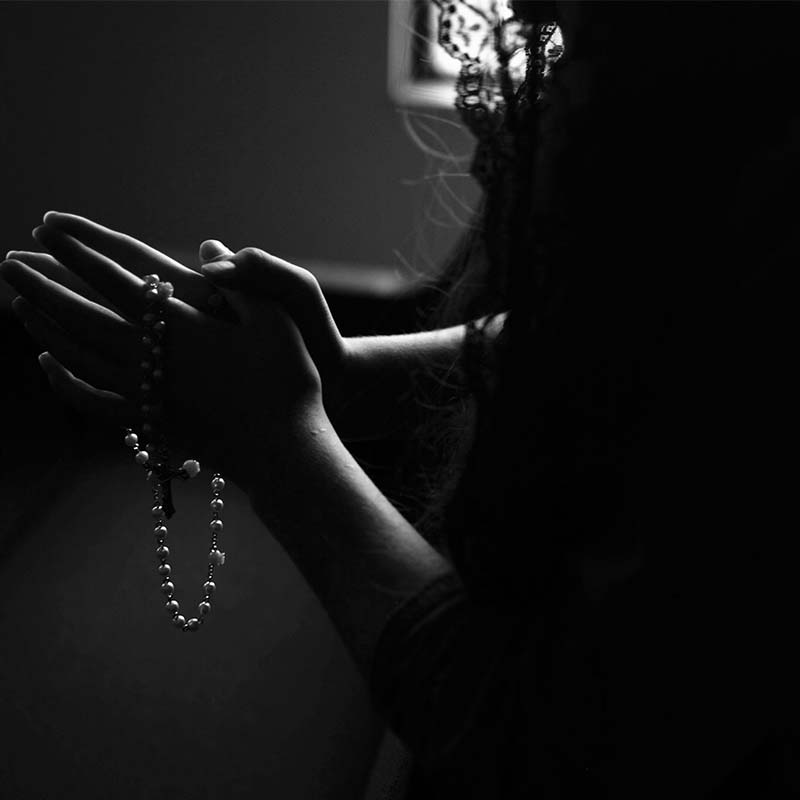
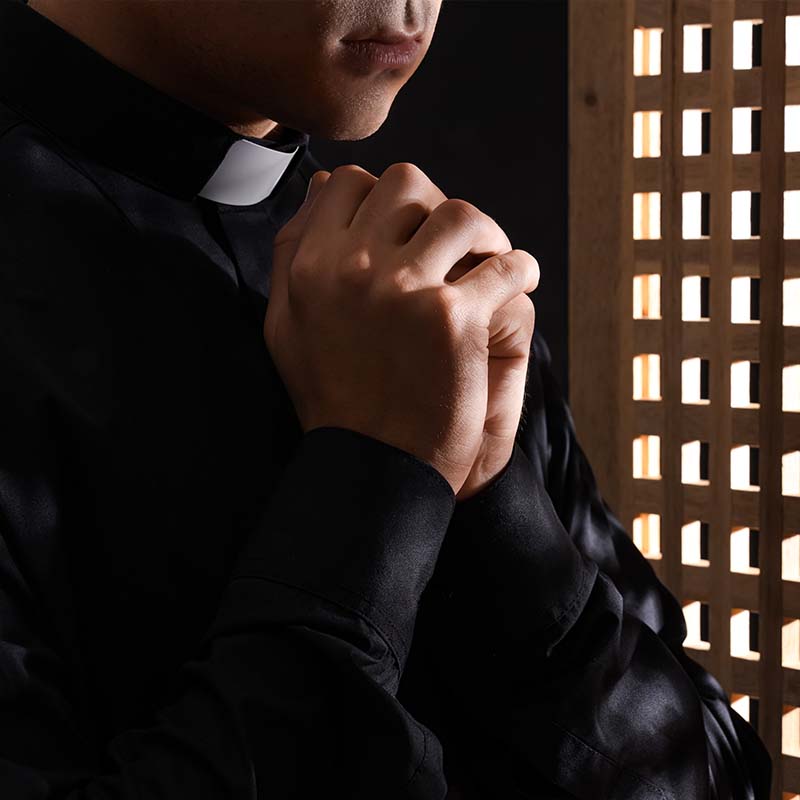




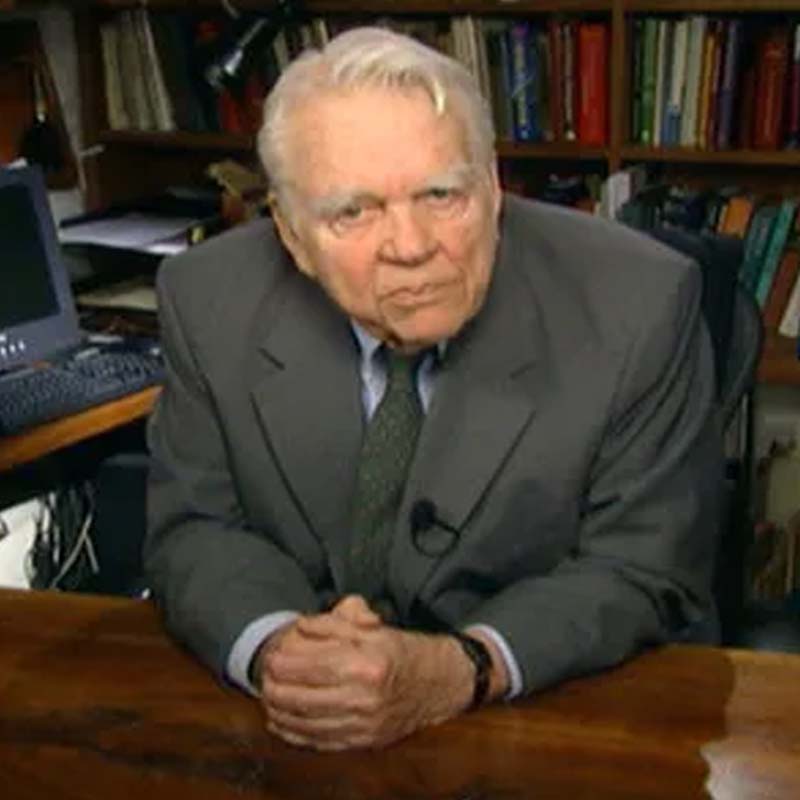

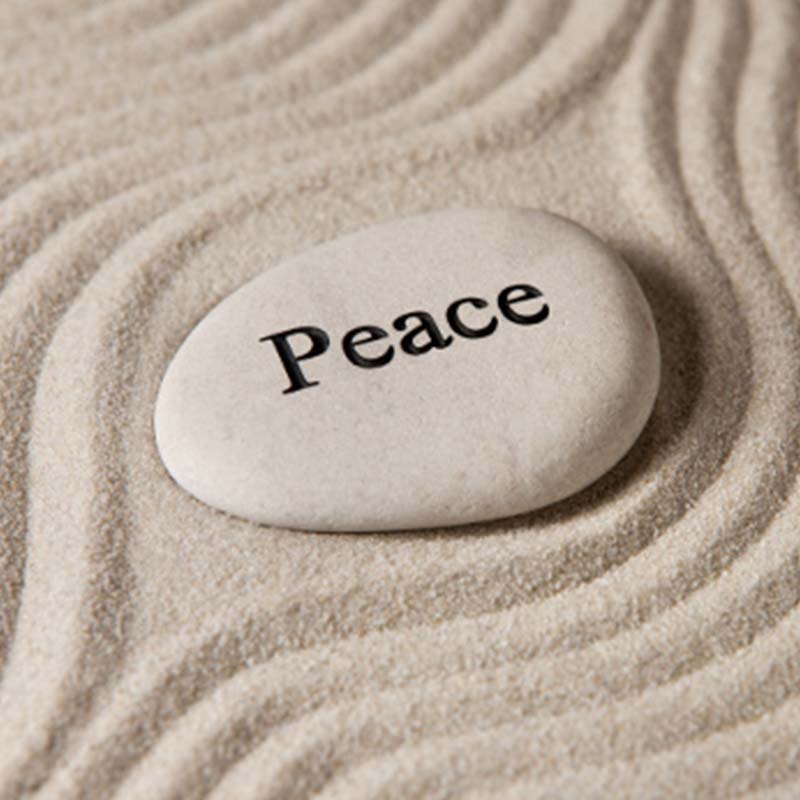
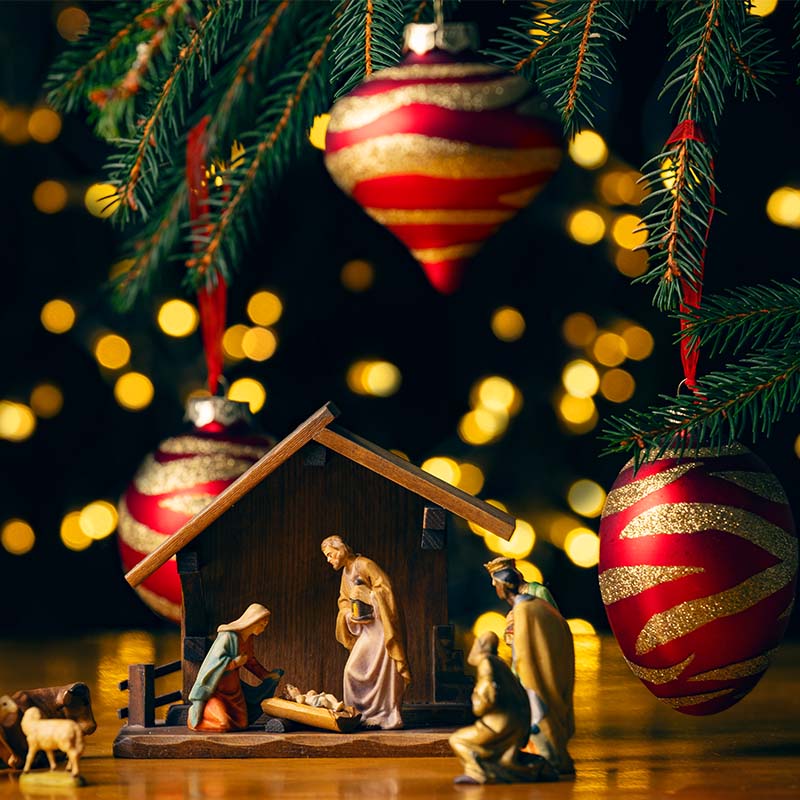


2 Responses
As one of those nine others who were expelled, I thank God we were.
It certainly led to a life of involvement with the church as a member of the laity that has been truly rewarding.
And the only one who went on to ordination in another Diocese is the one who organized the event that led to our expulsion!